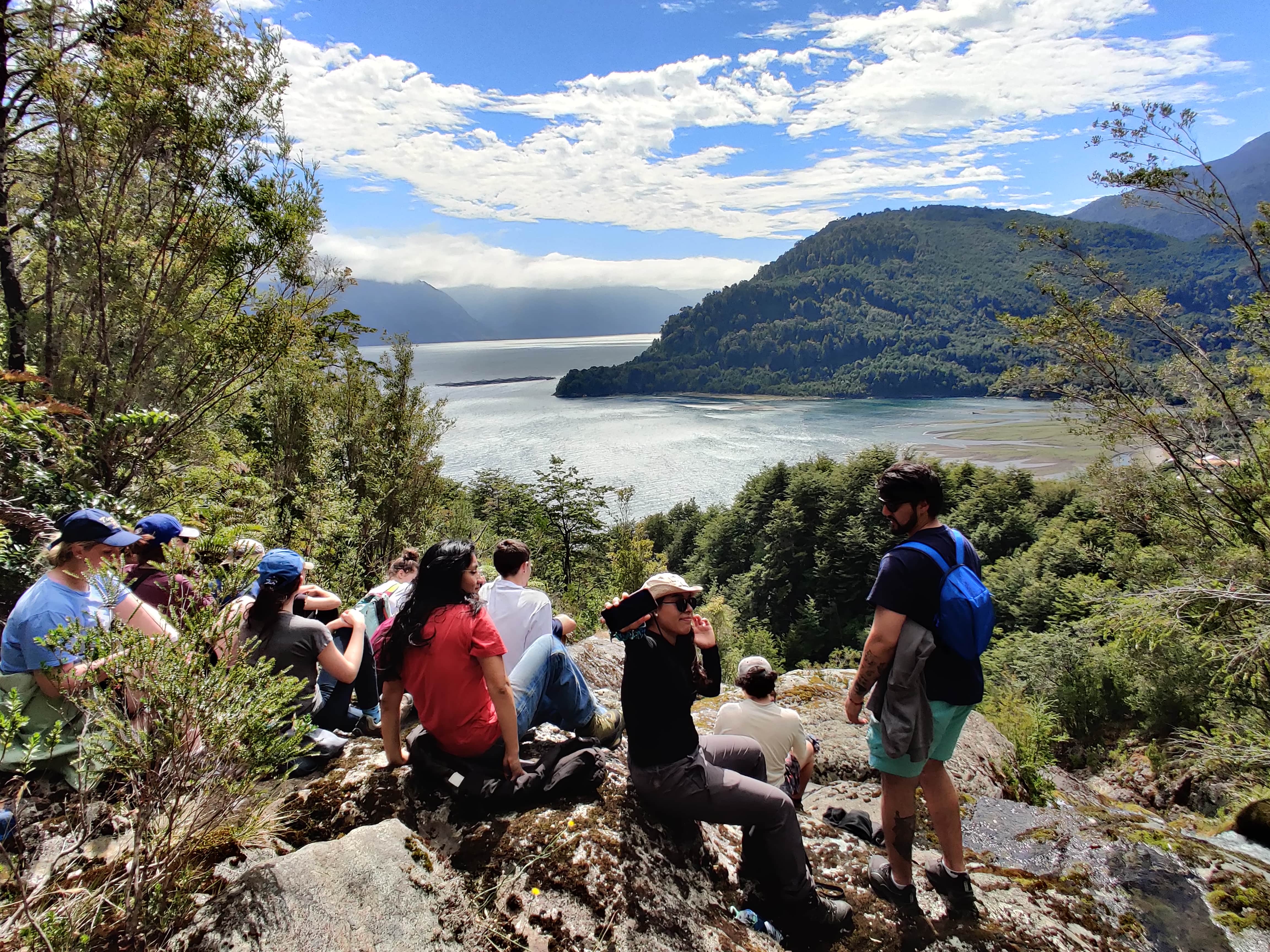PROTÉGÉ: marine research exchange program between UBC and Chile receives prestigious QES scholarship

To learn more, visit here: QES scholarship furthers pivotal research exchange with Chile on marine hazards and resource stewardship
The UBC Department of Earth, Ocean and Atmospheric Sciences (EOAS) and Go Global are leading PROTÉGÉ, a multi-year graduate student exchange program in partnership with Chile., which focuses on marine hazards and resource stewardship in the context of rapid climate change. PROTÉGÉ has been awarded $300,000 through the Canadian Queen Elizabeth II Diamond Jubilee Scholarship (QES) program administered by Universities Canada, with additional matching funds from UBC bringing the total budget to $434,000. QES supports projects focusing on adaptation, response and resilience to climate change—including biodiversity, community resilience and ecosystems—with an emphasis on diversity and inclusion. A key aim is to amplify the impact of young leaders on local and global communities.
“It’s a pretty spectacular opportunity to bring researchers from both countries together, exploring how we might work together to address common ocean problems,” says Dr. Philippe Tortell, Professor of EOAS. “I’m excited about the opportunity to build this relationship between students and research professors, and to see students come alive with the realization that there is a whole other context, half a world away, where they can conduct research in a different, yet oddly similar, manner.”
The PROTÉGÉ program builds on the success of PRODIGY (Pacific Rim Ocean Data Mobilization and Technology), an NSERC (National Sciences and Engineering Research Council of Canada)-funded graduate training initiative now in its fifth year. Like PROTÉGÉ, PRODIGY emphasizes Canada–Chile collaboration in ocean research and brings together students from diverse disciplines, such as oceanography, statistics, and computer science, to explore state-of-the-art methods for the collection, analysis and communication of ocean data.
Check out our previous articles on PRODIGY:
- First installment of the PRODIGY field school
- PRODIGY wraps up two weeks of field school in Northern Patagonia
- Third annual PRODIGY field school takes place on Vancouver Island